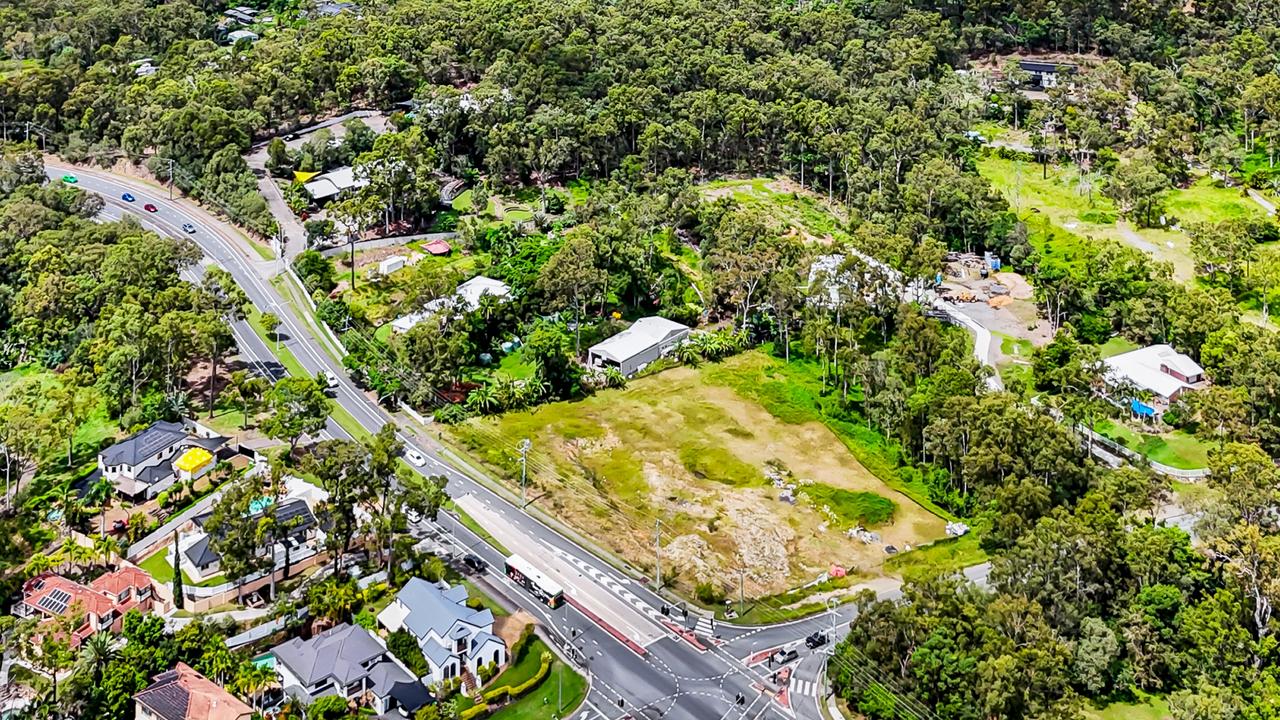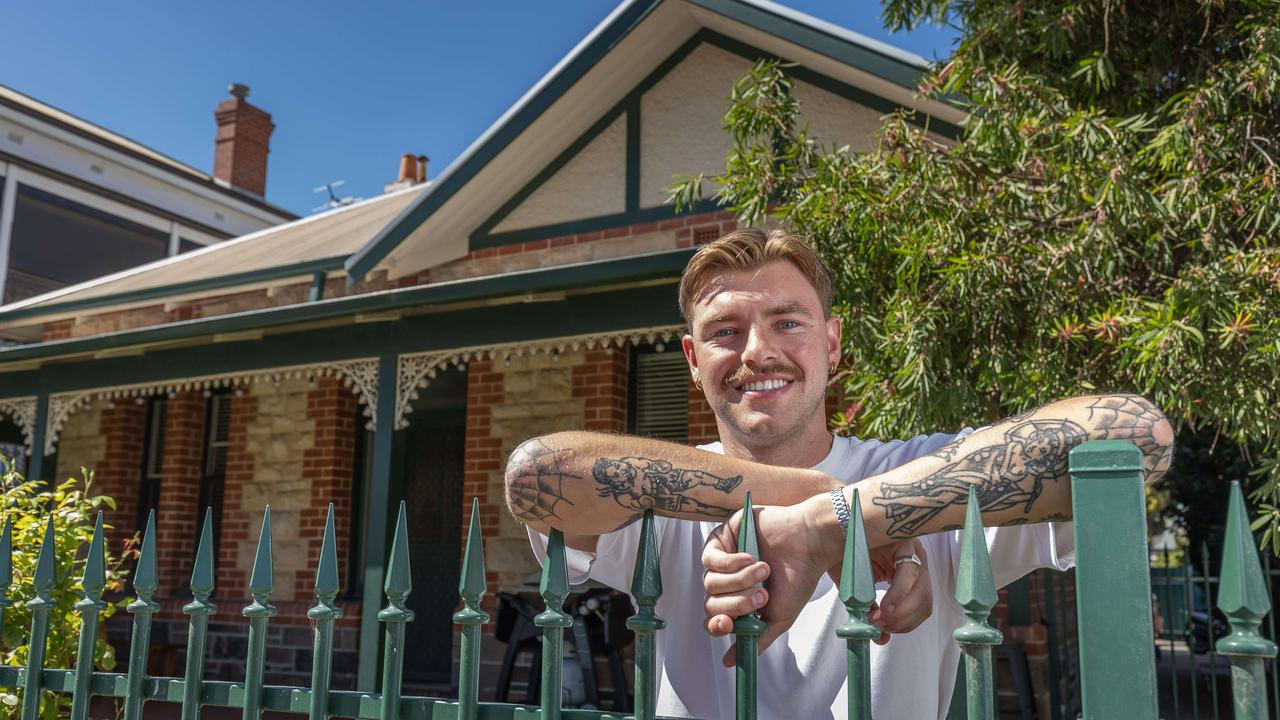What your rent is going to be in 2024
Exclusive new modelling shows where Geelong rents are going to climb to in 2024. Search your suburb
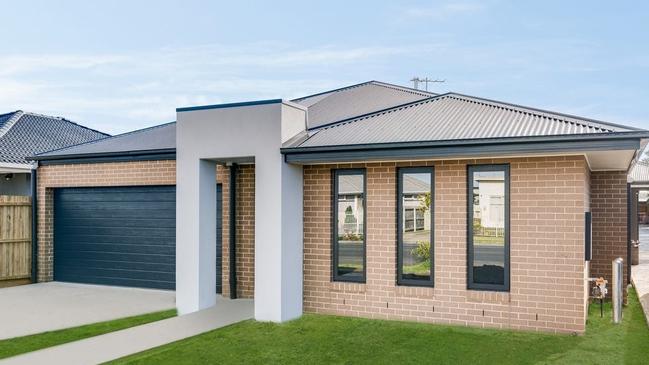
Property
Don't miss out on the headlines from Property. Followed categories will be added to My News.
Geelong tenants will be asked to fork out an additional $13 a week rent on average by next year, exclusive new modelling shows.
The Suburbtrends modelling, which predicts the growth in rent prices by suburban area over the next six months, shows rents climbing by about 3.5 per cent across the region.
Founder Kent Lardner said while that figure was below the national average, which would see renters pay up to $21 a week more, it would move Geelong closer to paying more than 30 per cent of the income on rent, a sign of rental stress.
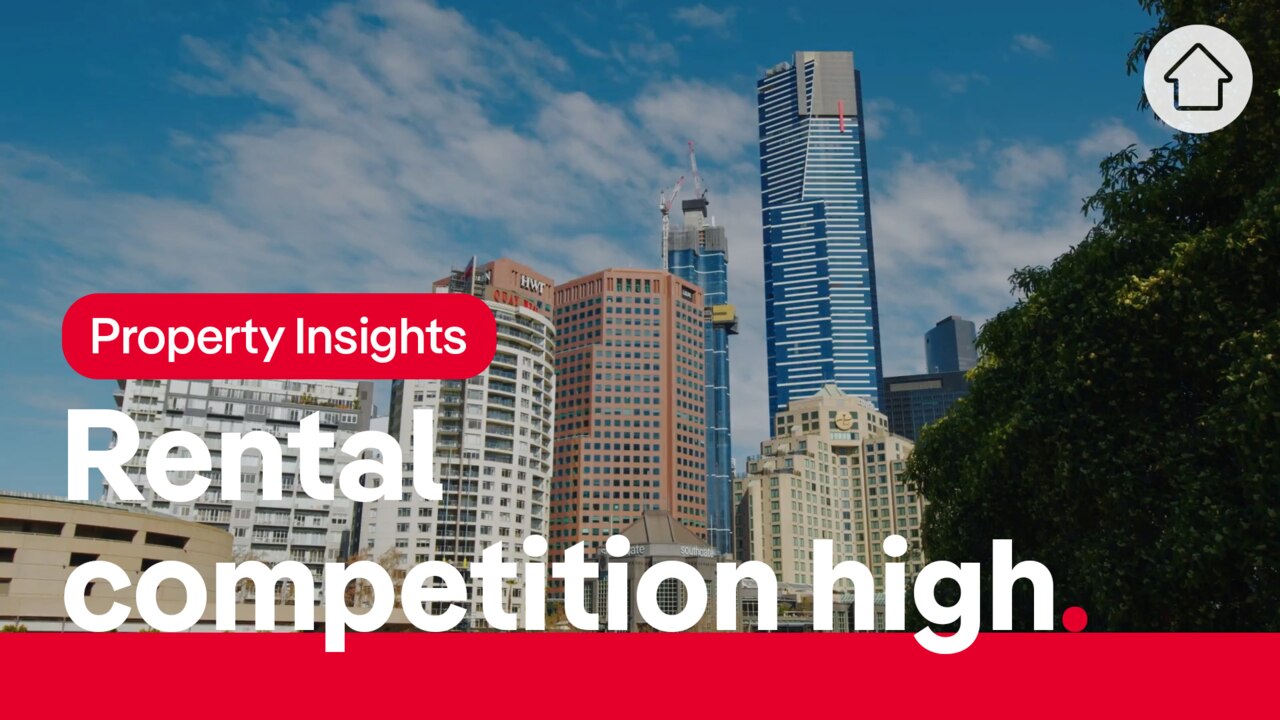
RELATED: $3m+ pricetag for lavish Geelong home
Geelong land listings double as building costs bite
What your home will be worth in 2028
The largest increases were for more than $20 a week for houses in Newtown, Ocean Grove, Norlane and Geelong West, with the biggest increases in unit rents tipped for Bannockburn, Newtown, Norlane and North Geelong.
Mr Lardner said the modelling included on a number of factors, including vacancy rates and median household incomes to show the level of demand for homes and the ability to landlords to increase rents.
“We’ve got a fairly sizeable increase overall across Geelong – on average of about 3 per cent. That’s not too far from CPI,” Mr Lardner said.
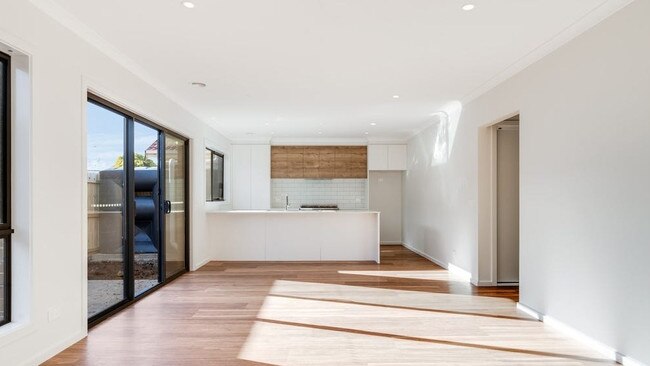
“If the CPI has been brought under control, then what we might find is still a little bit of a lag in rents that is still going to flow through.
“Based on this model, if everything holds, the average household renting is going to be out of pocket by about $13 a week by the end of the year.”
Mr Lardner said the modelling showed rent was taking up about 28 per cent of household incomes in Geelong and would rose to 29 per cent by next year.
“But the bottom line is people just don’t have any money to spend. I can’t recall a more precarious position.”

Mr Lardner said policies such as capping rents, limiting increases would exacerbate the problem by stripping supply as investors to drop out of the rental market due to worsening holding costs.
“We need to lift our game if you want to truly relieve house prices and look after the young because what we’ve done as a country is bragged for the last 20 years about how much our house price has gone up.
“We could do the same mistake again with a lot of these rental caps, etc. These policies often have the reverse of the intended effect, and that’s the problem.
“I think there is only one solution. It’s supply, but specifically, we need a high volume of quality social and public housing”.
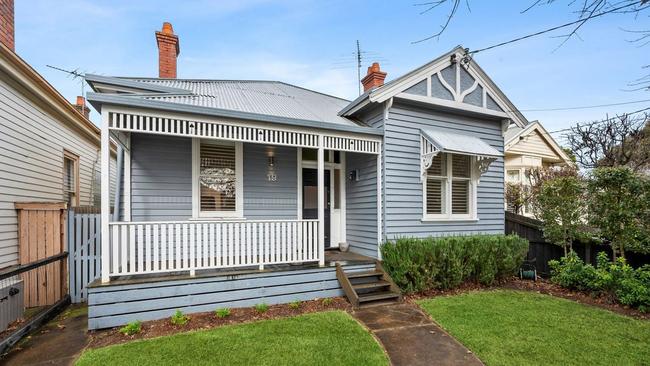
Harcourts North Geelong head of property management Helena Fantela said demand for rental properties remains high but was being exacerbated by owners selling their homes due to their rising holding costs.
“We’ve had a lot of owners on the phone lamenting about the increases with land tax and what an impact that’s having on their finances and coupled with the interest rates, coupled with compliance costs,” Ms Fantela said.
“Even though rents are going up, their expenses have quadrupled.
“Now, with the government saying that they’re looking at freezing the rent increases, saying that the increases can only happen every two years, and it’s just not worth it for them.”
Originally published as What your rent is going to be in 2024


